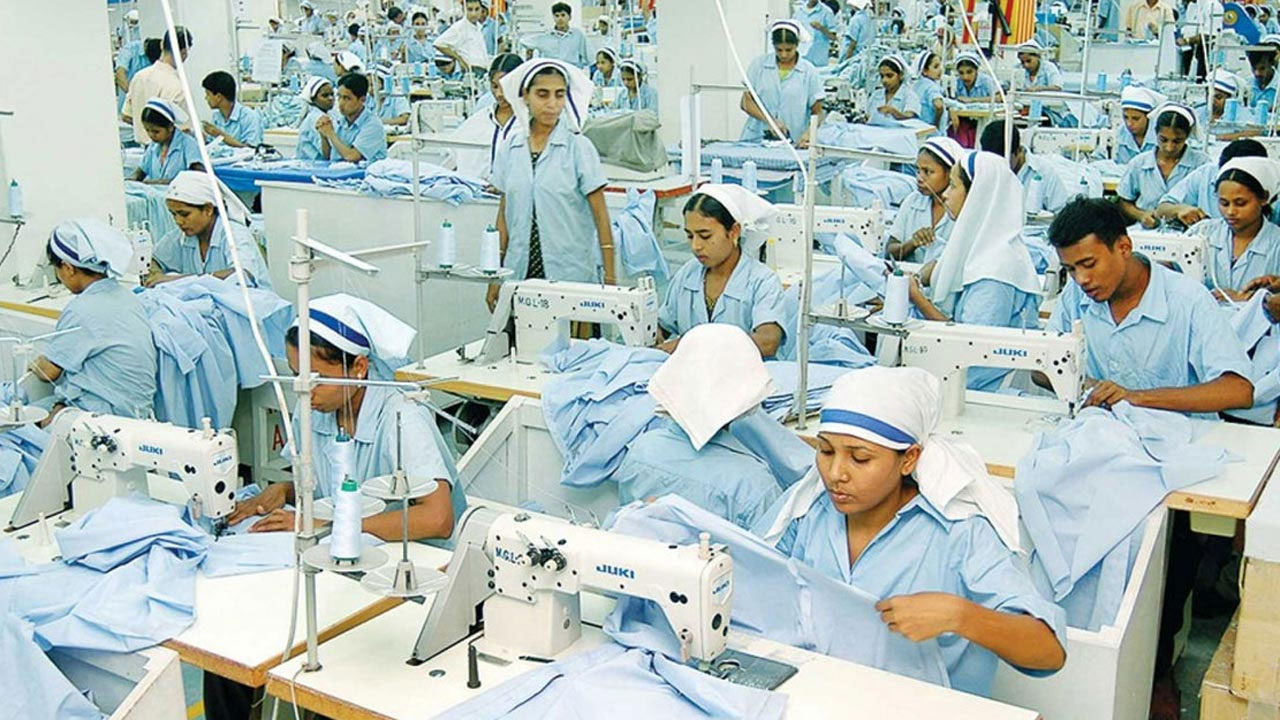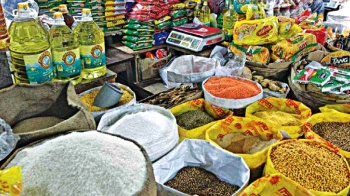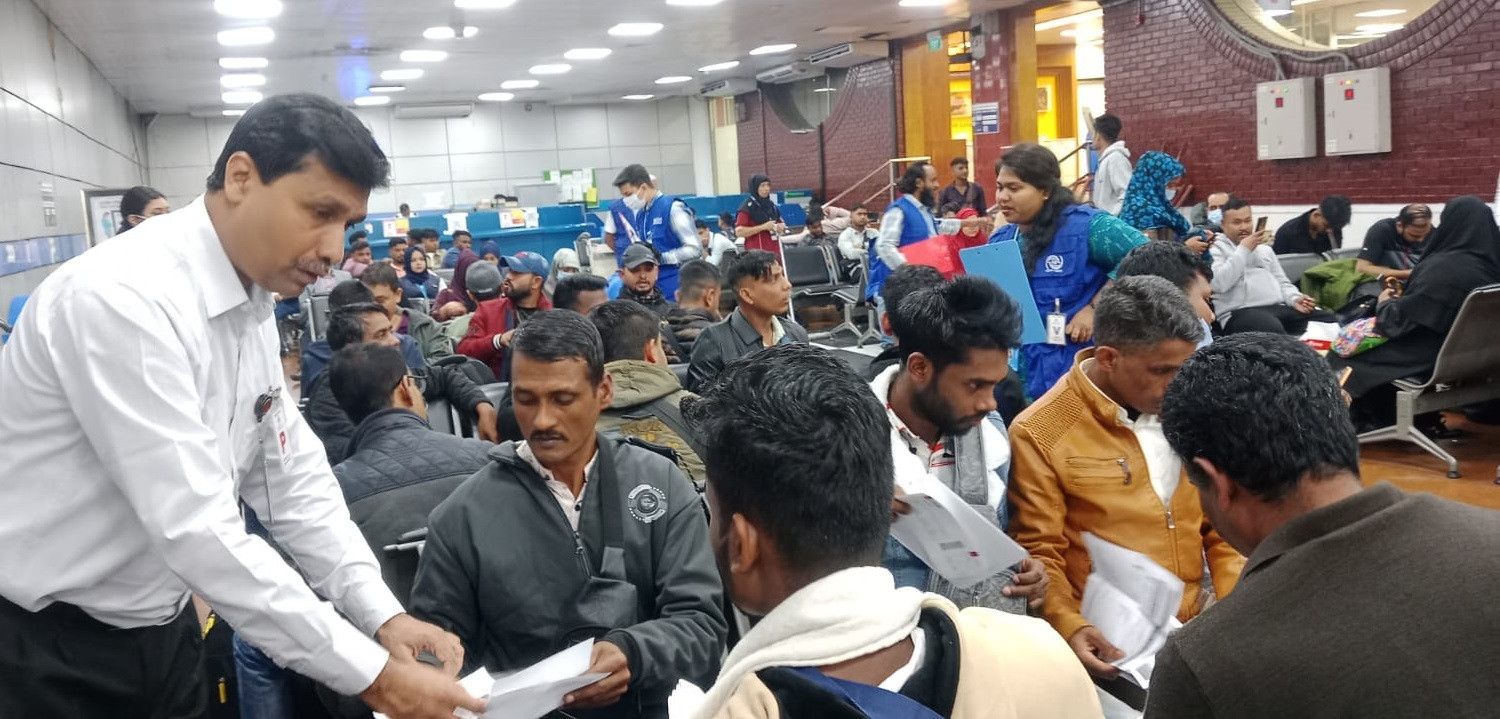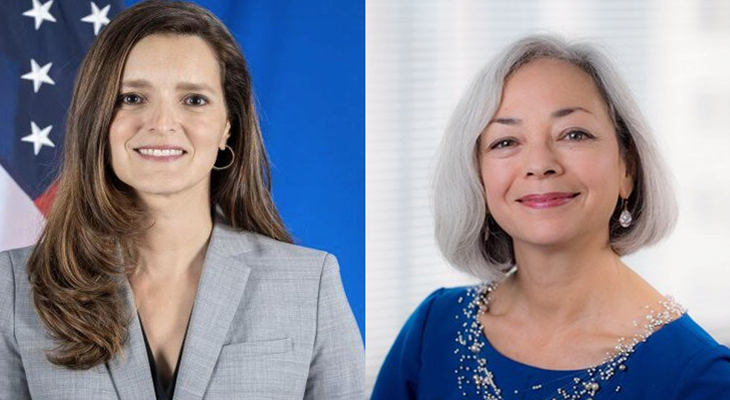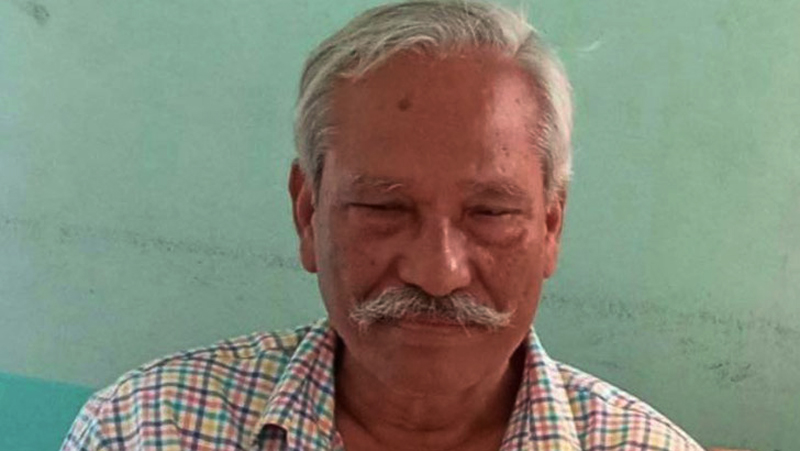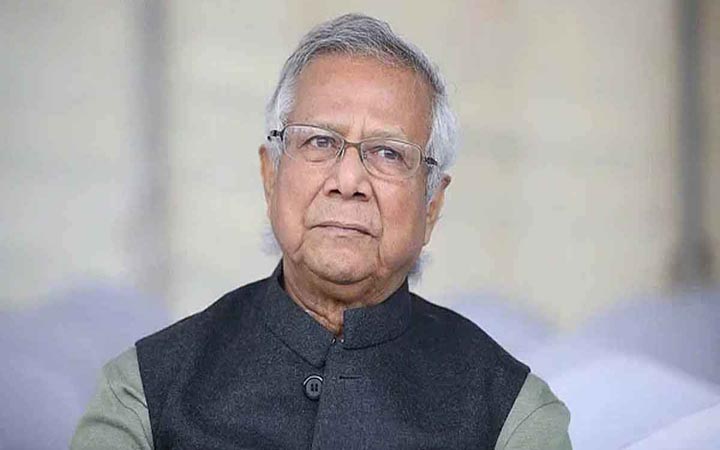Bangladesh needs to maintain an average eight percent growth for the next decade to meet zero poverty SDGs target by 2031, as its economy has been detracted following coronavirus outbreak in the country.
Bangladesh Institute of Development Studies (BIDS) conducted the study to assess corona impacts on poverty, which was published through a web based seminar on Wednesday.
“The country was well on track even until first quarter of FY20, when it was possible to comfortably reach the zero poverty target even with a below 7 percent growth. But the situation has changed after corona,” Dr Binayak Sen, BIDS research director said.
His research showed that poverty rate jumped to 29.4 percent from the second quarter of FY20 from 20.3 percent in Q1 while extreme poverty rate jumped from 10.1 percent to 20.5 percent.
Average poverty rate in the outgoing FY20 may rise to 25.1 percent, while extreme poverty may jump to 14.9 percent, according to the study.
The study, however, said even an average six percent growth for the next decade would be remarkable in the context of post-Covid market uncertainties at home and abroad.
Hard lockdown beyond the second quarter of FY20 was not economically sustainable from the livelihood point of view.
The country needs to enhance poverty responsiveness to growth by net elasticity of poverty to growth from 1.06 percent in 2010s go 90’s level of 2.00.
“We need to pursue a more egalitarian growth strategy to extract more poverty reduction from a given growth rate,” Dr Binayak sen pointed out.
The country’s health system should undergo massive reforms in light of the model of universal healthcare to address non-income inequalities and prevent major health crisis to prevent future slides into poverty, the study suggests.
Renowned economist on poverty issues Prof Dr SR Osmani observed that the poverty situation might be that bad, if the issue is not addressed at all.
He hoped that poverty situation may improve once the economy is back on track which will create job and increase people’s income.
Favouring stricter lockdown to prevent infection, he suggested for transferring of entitlement or income to poor or vulnerable people through much wider social protection.
Instead of focusing more on GDP growth driving large industries, the government’s focus should be on micro, medium and small industries for the revival of livelihoods, he also suggested.
Dr Binayak Sen, however, pointed to the fact that Bangladesh has limited capacity for spending more on social protection.
Planning Minister MA Mannan also agreed that the country has capacity lacking for social protection and the schemes’ target people are not actually pin-pointed.
He also mentioned technological gap for transferring money to poor people as a large section of the poor don’t have access to technology.
BIDS Director General KAS Murshid said there is a real dilemma about full or partial lockdown, but he observed that partial lock down can slow down infection which will create a space for the economy.
Giving example of Japan, he suggested wearing mask and washing hand properly and frequently to avoid the spread of infection.




